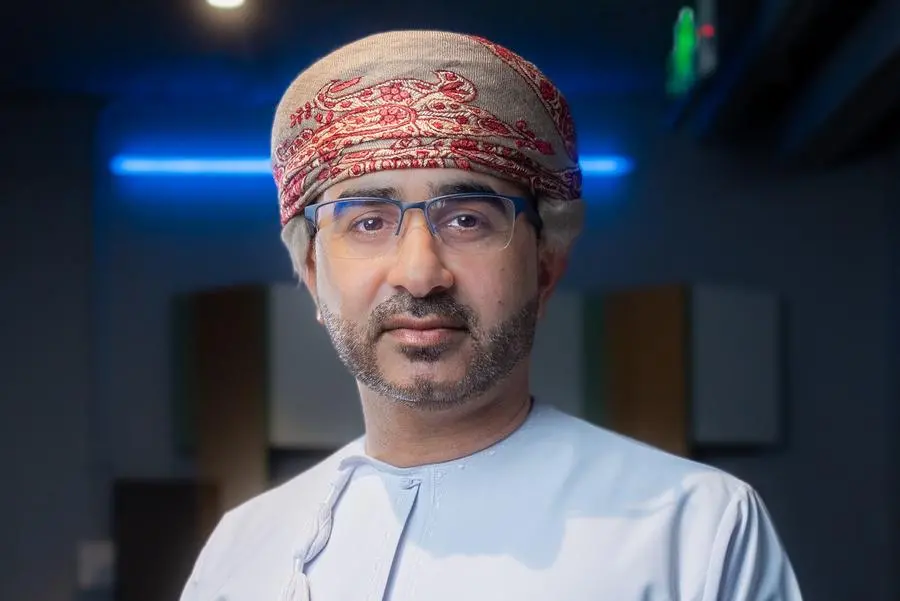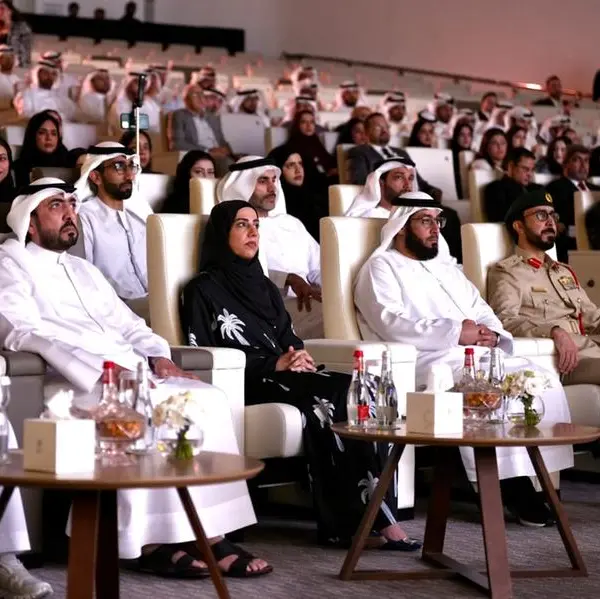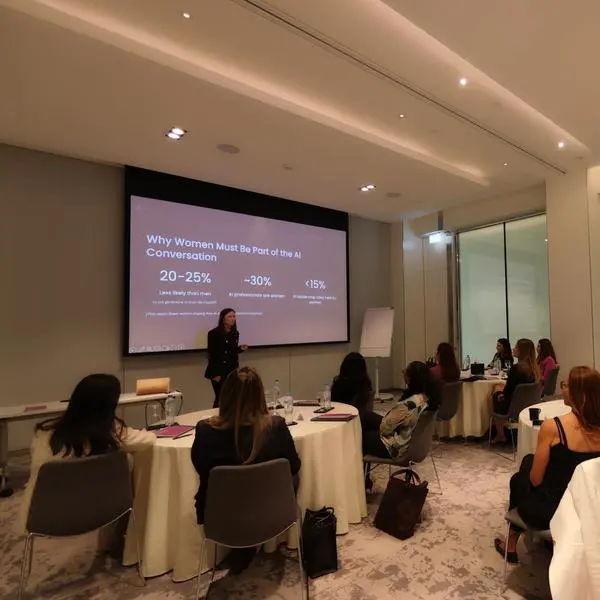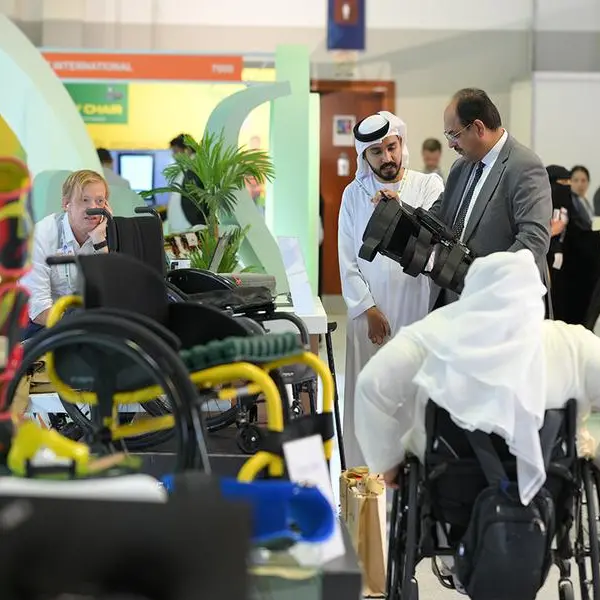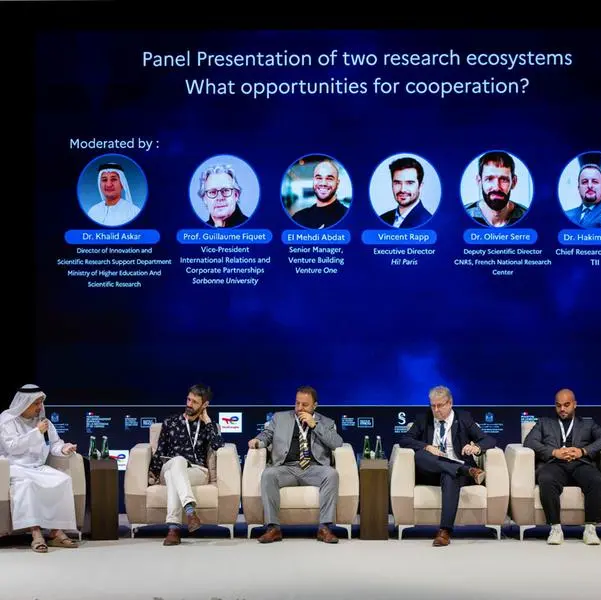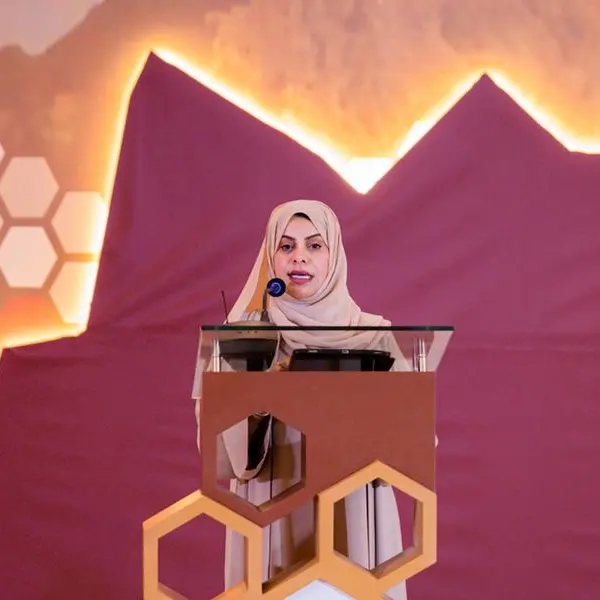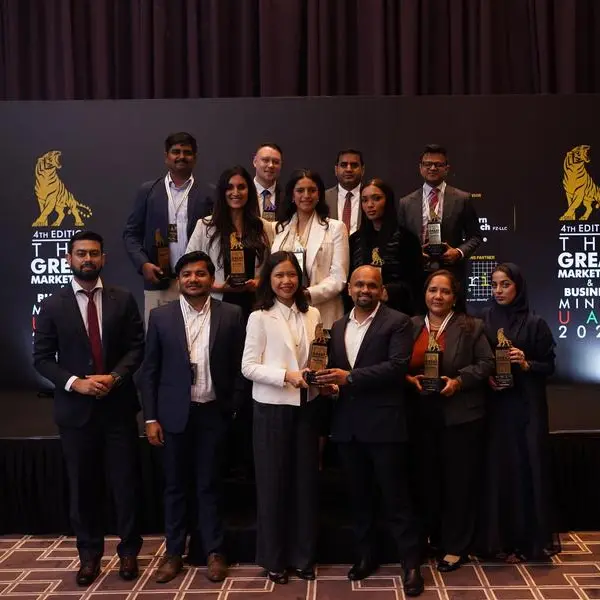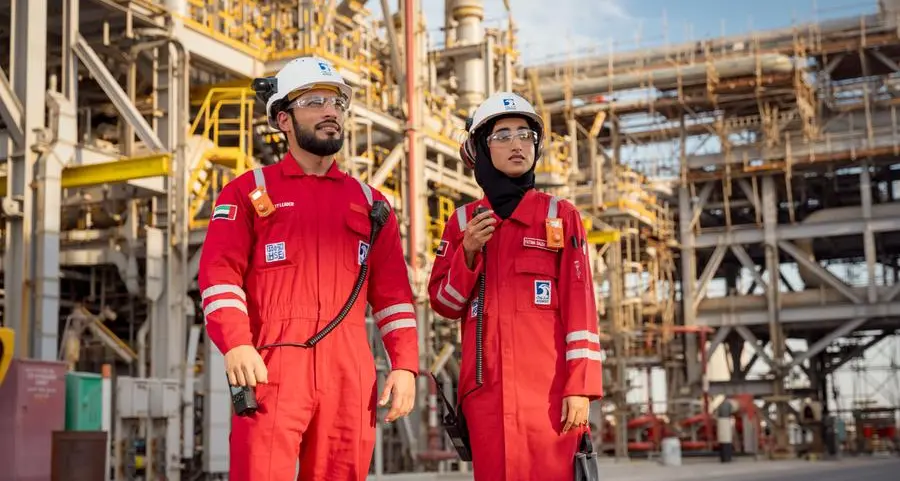PHOTO
Muscat: With sustainable infrastructure key to combating climate change and driving economic growth, Hussain Al Lawati, CEO, Development Bank, discussed how impact investment can accelerate progress towards Oman Vision 2040 and the country’s 2050 Net Zero strategy at the ADFIAP International CEO Forum in Bali, held 6 - 8 November. Al Lawati participated in a panel titled Sustainable Futures: The Role of Impact Investment in Building Resilient Infrastructure, alongside top financial leaders from Asia and the Middle East.
“Today, sustainable infrastructure is not just an environmental necessity, it is an economic imperative,” said Al Lawati. “The ADFIAP forum provided an ideal opportunity for development finance professionals to exchange ideas and insights that can help turn challenges into investment opportunities.”
At the Bali forum, the Development Bank CEO highlighted major Omani infrastructure projects, including Sultan Haitham City, a 14.8 km² development integrating smart technologies, solar power and 2.9 million square meters of green space to serve 100,000 residents. He also discussed Oman’s ambitious US$1.2 billion investment in wind-based Independent Power Projects which will collectively generate 1 gigawatt of renewable energy capacity by 2027, contributing to the country’s Net Zero goals. “Oman’s work in this space demonstrates how investment in sustainable infrastructure can help enhance economic growth, support climate action, protect biodiversity, reduce pollution as well as enhance resilience to risks from climate change.”
The Development Bank CEO emphasized that resilient infrastructure is not just about roads, housing, ports and wind farms it is about people, businesses and communities for whom resilient infrastructure is a lifeline to better health, education and jobs.
According to the World Bank, the net benefit of investing in more resilient infrastructure in low- and middle-income countries would save US$4.2 trillion, with US$4 in benefit for every US$1 invested. However, simply adding capacity is not enough. To be durable and future-proof, tomorrow’s infrastructure must cope with and adapt to a complex, extensive and evolving mix of hazards, risks and threats. As a result, resilience needs to be an essential component of every infrastructure project, integrated from the planning and design phase rather than added as a last-minute feature. In this regard, technology plays an important role. From digital twin cities that create real-time, data-driven simulations to optimize resource use to 3D house printing that cuts construction time in half and reduces material waste by 30%, advancements are reshaping the future of infrastructure. “These technologies are not just innovative but essential in making public and private sector infrastructure investment more efficient and impactful,” commented Al Lawati.
Joining Al Lawati on the Bali panel were Mr. Faaris Pranawa, Public Financing & Project Development Director, PT Sarana Multi Infrastruktur, Indonesia; Dr. Seyed Ali Heidari, Deputy Managing Director, Finance & International Affairs, Bank for Industry & Mine, Iran; and Mr. Nikolai Podguzov, Chairman, Management Board, Eurasian Development Bank, Kazakhstan.
The ADFIAP International CEO Forum gathered leaders from across Asia and the Pacific to advance global development finance strategies with a special focus on sustainable infrastructure investment.
For press enquiries contact:
Mohammed Al Saqlawi
Marketing Department
Development Bank
PO Box 307
Ruwi, 112
Sultanate of Oman
mohammed.saqlawi@odb.om
About Development Bank
Development Bank (DB) is a key enabler of economic growth, providing innovative financing solutions to support Oman’s Vision 2040 and the transition to a diversified, sustainable economy. DB offers tailored financial products and services to a wide range of sectors, including agriculture, fisheries, tourism, manufacturing, renewable energy, health, education and logistics, focusing on projects that drive in-country value and job creation. By funding MSME development, DB plays an important role in fostering entrepreneurship, promoting regional development that aligns with national and global sustainability goals. For more information, visit: www.db.om
